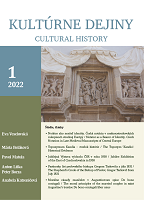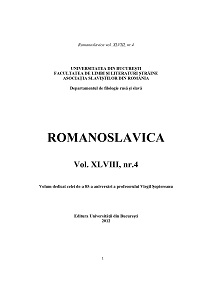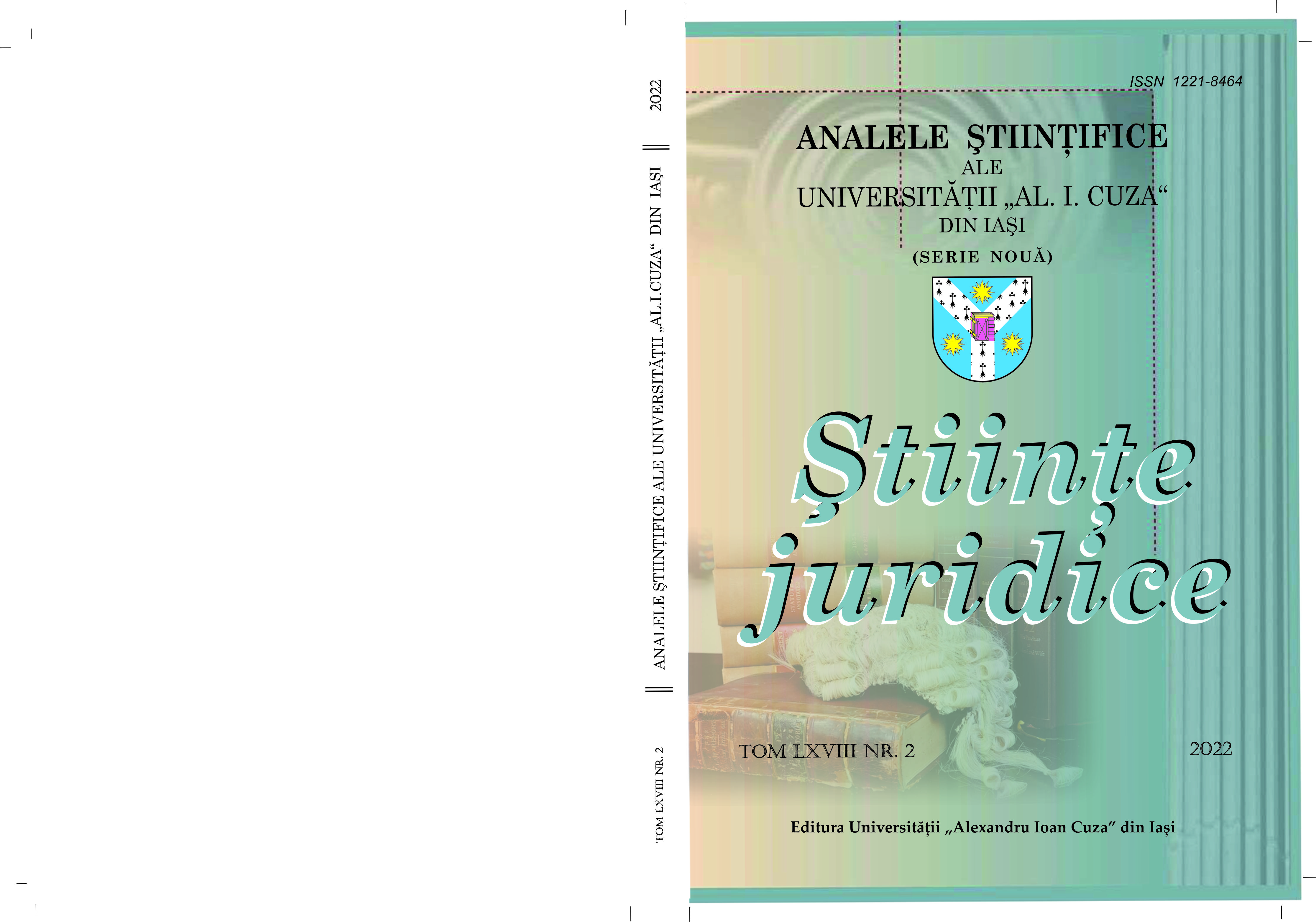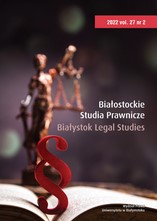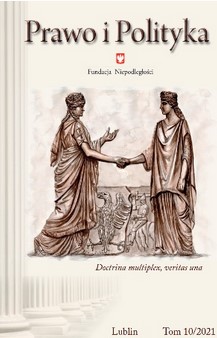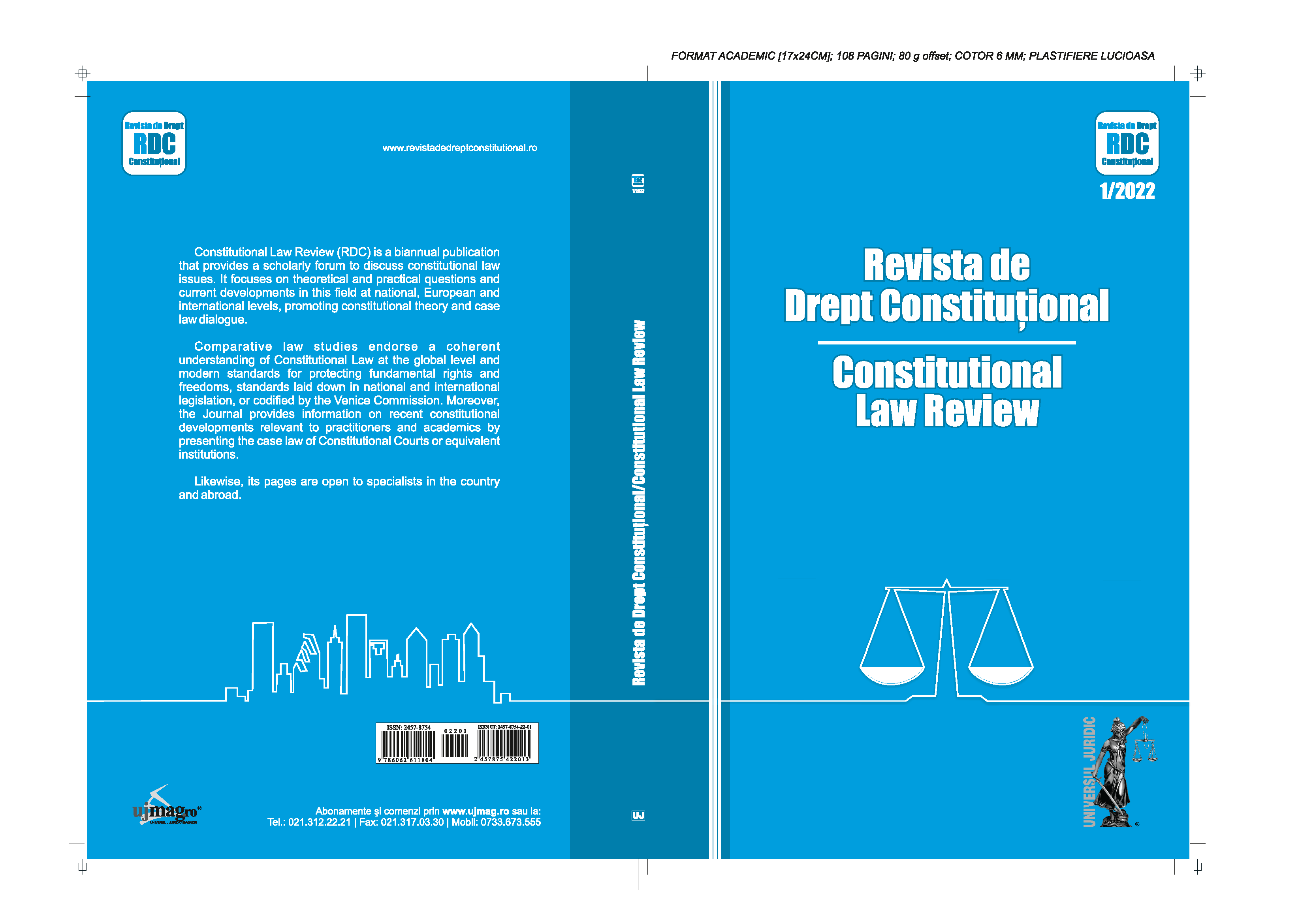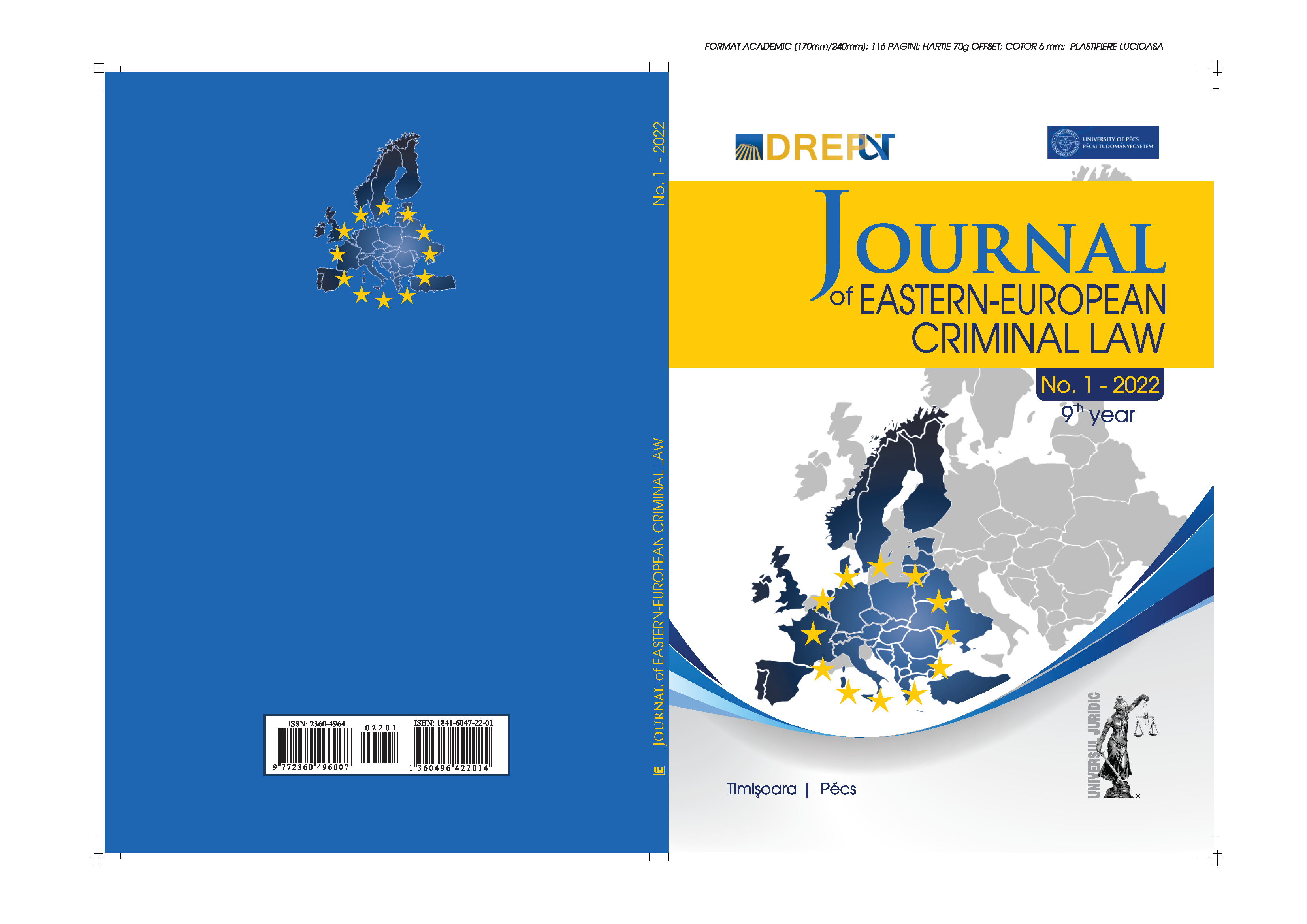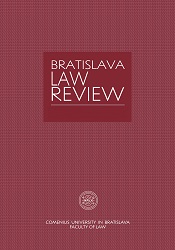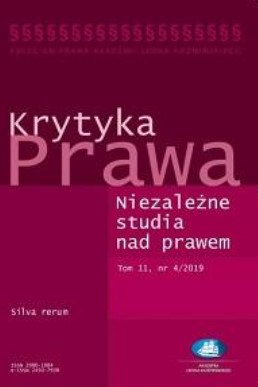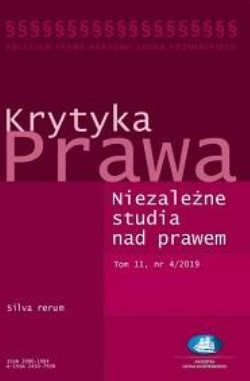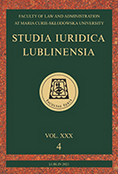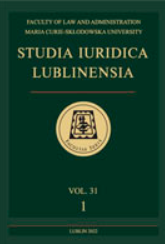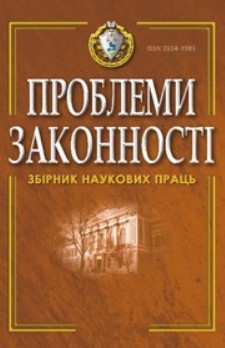
Причинки до кримінально-правової охорони державних символів: український та іноземний досвід
The article reveals the problem of Ukrainian and foreign state symbols criminal law protection considering domestic and world practice. The relevant norms of criminal laws of the Russian Empire, USSR and Poland, which were in force in the Ukrainian lands in the XIX–XX centuries, have been examined. An analysis of domestic judicial practice in criminal cases related to the abuse of state symbols has been done. It has been illustrated that Ukrainian law enforcement agencies do not always correctly determine the nature of this crime. That is due to the lack of constitutional laws enshrining the system of state symbols of Ukraine, as well as gaps in legal regulation, in particular in the aspect of criminal protection of the European Union flag as membership in this organization is a strategic foreign policy priority of Ukraine. Inter alia, the erroneous legal treatment of individuals’ actions during the protest which took place near the President’s Office on March 20, 2021 as an insult to the State Emblem has been emphasized. The authors also considered solutions of the problem within the framework of a particular legal system – in criminal law of the United States, Germany, France, Spain, Iceland, the United Arab Emirates, Uzbekistan, Japan and other countries. The scientific novelty of this investigation, among other things, is in the examination of both retrospective and prospects of legal responsibility for disrespect of the State language, which is necessary to establish according to the Constitutional Court’s decision on the validity of the Law of Ukraine “On ensuring the functioning of the Ukrainian language as the state language”. However, the authors are inclined to think that this issue should be regulated by administrative law, given the experience of some post-Soviet states. Proposals for amendments to the Criminal Code of Ukraine have been made.
More...
